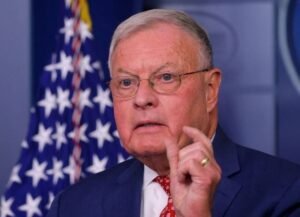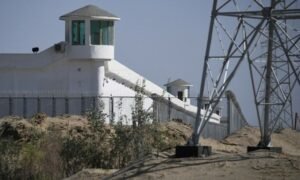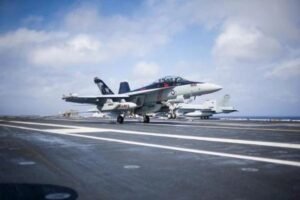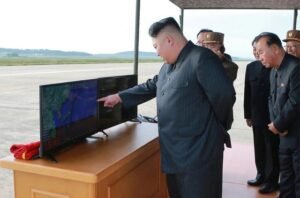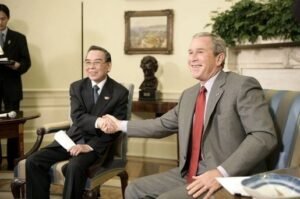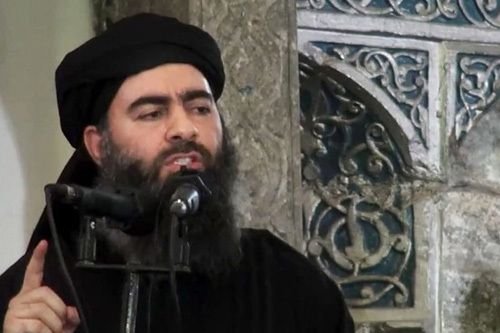
Why did the Islamic State expand so quickly? 0
IS leader Abu Bakr al-Baghdadi has a close and absolutely loyal leadership.
On the Wall Street Journal, a number of unnamed Western and Middle Eastern officials, who trace the tracks of the self-proclaimed Islamic State (IS), commented that the rapid growth of the IS group is thanks to the organization.
`They improve on what al Qaeda does, and they do it on a much larger scale,` said Bruce Hoffman, a terrorism expert at Georgetown University.
In addition, IS has a brutal and aggressive recruitment campaign – follow me or die, combined with the money they extorted from local businessmen and the attraction of religious figures.
IS has a core group of leaders of about 10 people who have known each other for many years, and anyone who wavers in loyalty is eliminated.
The supreme leader of IS is Abu Bakr al-Baghdadi.
Baghdadi’s leadership was shaped by `paranoia and absolute loyalty,` according to Charles Lister, a visiting fellow at the Brookings Doha Center.
IS’s alleged second-in-command is a former Iraqi military official with the alias Abu Ali al-Anbari.
The self-proclaimed IS state has a war cabinet and a Shura council, made up of religious and legislative scholars, according to Charles Lister.
Another point that is considered IS’s clever tactics is that when it captures a territory, the organization still maintains administrative responsibility for local officials, to avoid people’s hatred.
In addition, when occupying an area of land, IS also thoroughly exploits relationships with local tribal leaders, either considering them as like-minded allies or using intimidation, bribery and coercion to
IS took advantage of Sunni groups’ dissatisfaction with outgoing Prime Minister Nouri al-Maliki of Iraq.
`ISIS’s strategy is to fight in Sunni areas, close to Shiite enemies to give them (the rebels) more momentum,` Hashimi said.
After a period of decline, since 2012, IS has become noticeably stronger.
Matthew Olsen, a senior US counterterrorism official, said IS currently controls a territory the size of England.
IS quickly expanded and became so aggressive partly due to the weakness of the governments of Syria and Iraq, said expert Mathew Olsen.
